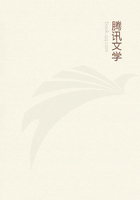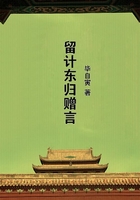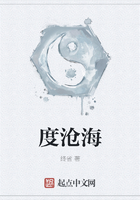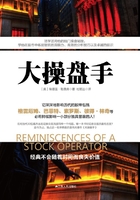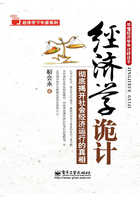T he real idealism of Feuerbach becomes evident as soon as we come to his philosophy of religion and ethics. He by no means wishes to abolish religion; he wants to perfect it. Philosophy itself must be absorbed in religion.
"The periods of humanity are distinguished only by religious changes.
A historical movement is fundamental only when it is rooted in the hearts of men. The heart is not a form of religion, so that the latter should exist also in the heart; the heart is the essence of religion."
(Quoted by Starcke, p.168.)
According to Feuerbach, religion is the relation between human beings based on the affections, the relation based on the heart, which relation until now has sought its truth in a fantastic mirror image of reality -- in the mediation of one or many gods, the fantastic mirror images of human qualities -- but now finds it directly and without any mediation in the love between "I" and "Thou". Thus, finally, with Feuerbach sex love becomes one of the highest forms, if not the highest form, of the practice of his new religion.
Now relations between human beings, based on affection, and especially between the two sexes, have existed as long as mankind has. Sex love in particular has undergone a development and won a place during the last 800 years which has made it a compulsory pivotal point of all poetry during this period. The existing positive religions have limited themselves to the bestowal of a higher consecration upon state-regulated sex love -- that is, upon the marriage laws -- and they could all disappear tomorrow without changing in the slightest the practice of love and friendship.
Thus the Christian religion in France, as a matter of fact, so completely disappeared in the year 1793-95 that even Napoleon could not re-introduce it without opposition and difficulty; and this without any need for a substitute in Feuerbach's sense, making itself in the interval.
Feuerbach's idealism consists here in this: he does not simply accept mutual relations based on reciprocal inclination between human beings, such as sex love, friendship, compassion, self-sacrifice, etc., as what they are in themselves -- without associating them with any particular religion which to him, too, belongs to the past; but instead he asserts that they will attain their full value only when consecrated by the name of religion. The chief thing for him is not that these purely human relations exist, but that they shall be conceived of as the new, true, religion.
They are to have full value only after they have been marked with a religious stamp. Religion is derived from religare ["to bind"] and meant, originally, a bond. Therefore, every bond between two people is a religion.
Such etymological tricks are the last resort of idealist philosophy. Not what the word means according to the historical development of its actual use, but what it ought to mean according to its derivation is what counts.
And so sex love, and the intercourse between the sexes, is apotheosized to a religion, merely in order that the word religion, which is so dear to idealistic memories, may not disappear from the language. The Parisian reformers of the Louis Blanc trend use to speak in precisely the same way in the forties. They, likewise, could conceive of a man without religion only as a monster, and used to say to us: "Donc, l'atheisme c'est votre religion!" ["Well, then atheism is your religion!"] If Feuerbach wishes to establish a true religion upon the basis of an essentially materialist conception of nature, that is the same as regarding modern chemistry as true alchemy. If religion can exist without its god, alchemy can exist without its philosopher's stone. By the way, there exists a very close connection between alchemy and religion. The philosopher's stone has many godlike properties and the Egyptian-Greek alchemists of the first two centuries of our era had a hand in the development of Christian doctrines, as the data given by Kopp and Bertholet have proved.
Feuerbach's assertion that "the periods of humanity are distinguished only by religious changes" is decidedly false. Great historical turning-points have been accompanied by religious changes only so far as the three world religions which have existed up to the present -- Buddhism, Christianity, and Islam -- are concerned. The old tribal and national religions, which arose spontaneously, did not proselytize and lost all their power of resistance as soon as the independence of the tribe or people was lost. For the Germans, it was sufficient to have simple contact with the decaying Roman world empire and with its newly adopted Christian world religion which fitted its economic, political, and ideological conditions. Only with these world religions, arisen more or less artificially, particularly Christianity and Islam, do we find that the more general historical movements acquire a religious imprint. Even in regard to Christianity, the religious stamp in revolutions of really universal significance is restricted to the first stages of the bourgeoisie's struggle for emancipation -- from the 13th to the 17th century -- and is to be accounted for, not as Feuerbach thinks by the hearts of men and their religious needs, but by the entire previous history of the Middle Ages, which knew no other form of ideology than religion and theology. But when the bourgeoisie of the 18th century was strengthened enough likewise to posses an ideology of its own, suited to its own class standpoint, it made its great and conclusive revolution -- the French --, appealing exclusively to juristic and political ideas, and troubling itself with religion only in so far as it stood in its way. But it never occurred to it to put a new religion in place of the old. Everyone knows how Robespierre failed in his attempt [to set up a religion of the "highest being"].

